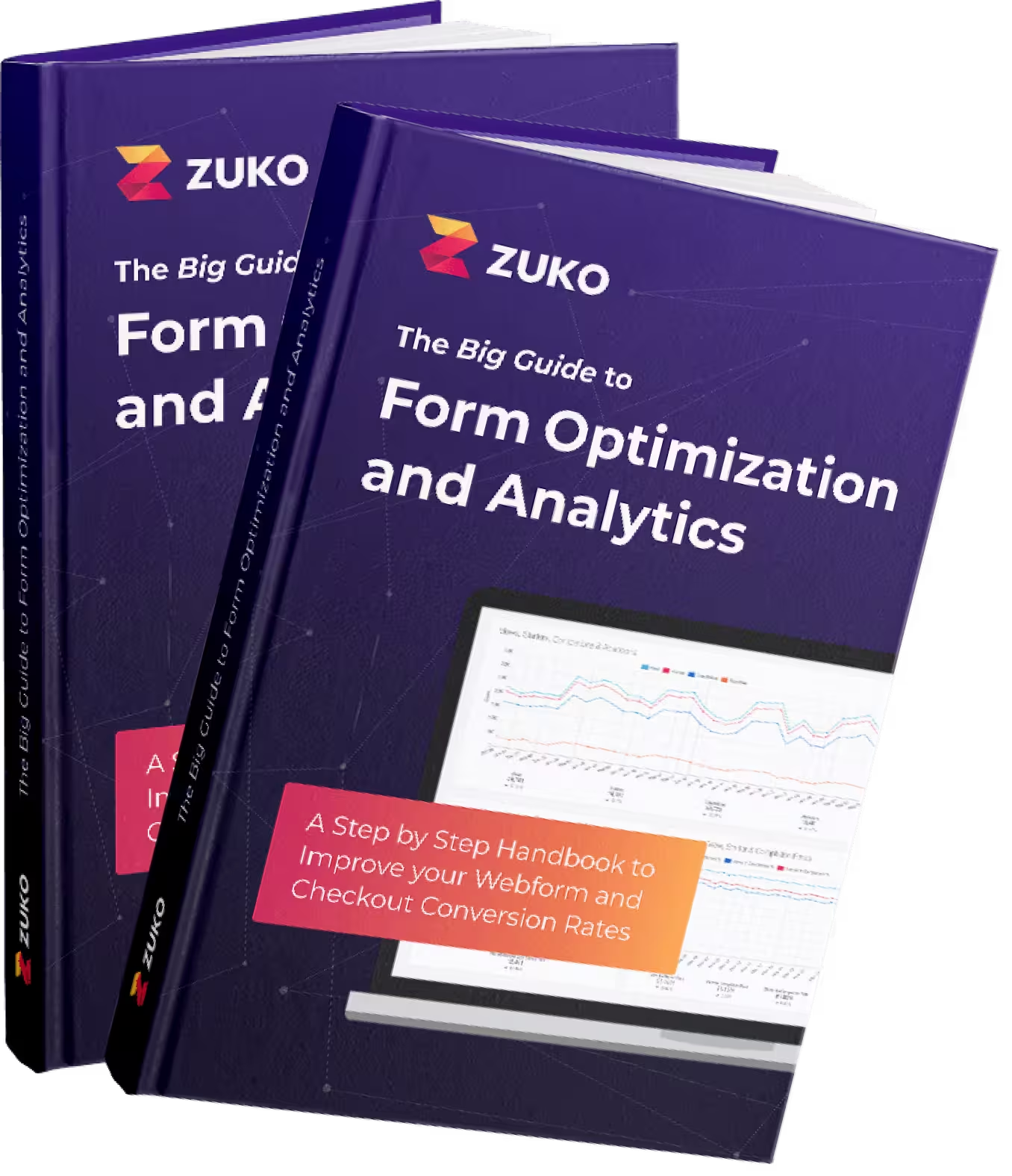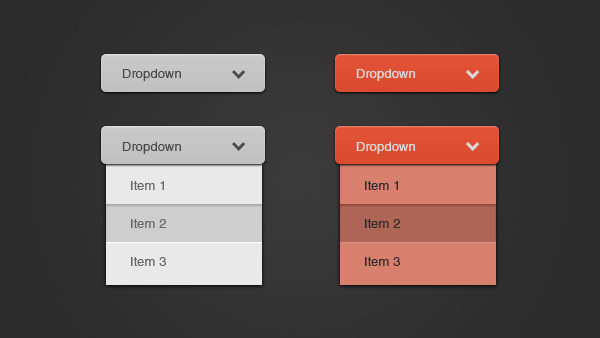Boost Your Student Leads: A Comprehensive Guide to CRO for Higher Ed Websites
How to Improve Conversion Rates on your Education Forms
How to Improve Conversion Rates on your Education Forms
Your university website plays a crucial role in attracting new students. Thousands of students worldwide search for the right institution for their education every year. The better optimized your website, the better your chances of success.
Applicants may hear about your university from friends, in online advertisements, find your students' notes on educational platforms such as Studocu or listen to your lecturers. However, the most important tool for attracting attention is your website.
CRO is the most important step in increasing the interest of potential students in your institution. That's why, in this article, we offer comprehensive tips on increasing your registration form conversion rate and getting ahead of your competitors.
What is CRO for higher education websites?
The conversion rate for higher education websites is a widely used metric to assess the effectiveness of your marketing strategy. It shows what percentage of visitors to the site, whether applicants or parents have taken a targeted action. For example, they signed up for an email newsletter or left a request for a callback.

- Conversion Rate = (number of targeted actions/number of user visits to the site) × 100%
Conversion can be set to any visitor interaction with the site, and this indicator is individual for each area. In the education industry, the following actions are most often highlighted:
- Subscribing to an email newsletter
- Filling out a feedback form
- Calling the admissions committee of the university
- Entering chats for applicants
- Application for participation in preparatory courses
Various marketing models can greatly improve conversion rates. They include SEO, CTA, or CRO. Let's talk about the latter in more detail.
How to use popular CRO strategies for university websites
CRO (conversion rate optimization) is a process that describes how a site works to increase the number of visitors who take targeted actions. CRO focuses on a detailed analysis that shows what needs to be changed to make the page perform at its best.
CRO strategy plays a critical role in education, where universities struggle daily to attract new students. There are various ways to conduct CRO. The most popular ones are:
- Quantitative method. This option is based on an analytical approach; it will help collect numerical data to understand what is going on in the web resource.
- Qualitative method. With this method, you can collect qualitative data, not just statistics. This data will show why users behave the way they do and not vice versa.
- The method of testing and working with data. After thoroughly analyzing quantitative and qualitative data, you can create a clearer picture of how students interact with your site.
In addition, there should be a lead capture form on your HEI's website. This is a small window with fields to fill out. It allows potential students to get a consultation, and it allows you to increase the number of interested visitors.
You can also use appointment scheduling tools for this purpose. You can place a link to your booking page where potential students can book online meetings with your representatives.
Quantitative method
The quantitative method helps you collect numerical data to track what's happening on the site. You can implement it using the following tools:
- Basic analytics tools that show site traffic, such as Google Analytics
- Heatmaps, which are designed to track clicks, scrolls, and movements around a web page
- Various funnels that describe exactly where users leave your website
Higher education marketers have recently been using customer loyalty systems (NPS) to determine whether or not visitors will recommend your site.
Qualitative method
A qualitative method will help collect qualitative (not numerical) data to understand why site visitors behave a certain way. The most popular tools are:
- The possibility of feedback on the site (voting on the page, popups, Slack polls), where students can leave feedback and tell about their impression of the site
- Usability testing tools
As well as tools for recording site visits, which show how individual users behave on the site.
The method of testing and measuring changes
The test method lets you compare change options and determine the most effective one. This way, you can ensure that conversion optimization is going in the right direction.
Tools used:
- A/B testing - used for high-traffic resources, such as a faculty page, campus page, etc.
- A heatmap of the site, as well as session retention tools
- Testing of more than two variables
Once you've set up your institution's website data collection and analytics, focus on metrics such as lead form conversion.
Five ways to increase the effectiveness of the lead form

For the lead form to give a good conversion rate (the education sector average is 60% based on Zuko's industry benchmarking data), you need to develop a fail-safe and interesting offer that will be a reason to leave an application. The best solution for HEIs might be:
- Free educational webinar
- Discount on preparatory courses
- A trip to campus, etc
There are various ways to optimize the lead form to increase conversions. We have prepared an extensive series of tips, following which you will increase your chances of success.
1) Place the form at the top of the page
The top of the page usually gets most of the visitor's attention. That's why placing such important elements as a lead form, calls to action, etc., here will allow you to have the maximum impact on potential students.
Remember that interaction with visitors starts on the first screen of the site - the nature of further communication depends on how much you interest people at the very beginning.
2) Make sure your call to action is strong enough
The call to action is the tipping point that determines what your visitors will do: click the button or leave the site. You either convince them to stay on the page and take the targeted action or let them go to a competitor.
You need a strong call to action to increase the conversion rate of targeted actions. Usually, it's written along the following lines:
- A good appeal containing urgency
- It is written in an indicative tone, such as "Leave contacts!" or "Learn more"
- An effective appeal is short
It should persuade applicants or their parents to click. For example, if you visit the college website Campus.edu, you will notice how they have implemented a simple call-to-action button, "Apply Now," directly on their homepage.
3) Remember the privacy policy
The first thing you must do is gain the loyalty of applicants to your institution. You can establish a trusting relationship with website visitors by putting a little footnote to your privacy policy.
People who visit the website won't know how trustworthy you are until they know all the information they provide is safe.
4) Include only the necessary fields, and delete everything unnecessary
Forms can contain a different number of fields. No one usually thinks about their number until changing their number leads to a drastic change in the conversion rate.
In many situations, simpler things are much more effective than overly complex ones. Steve Jobs said that "simple can be more complicated than complicated: it takes a lot of work to learn to think simply.
5) Use the split test as a way to determine the best position for a CTA
A split test is an effective technique for increasing the conversion rate of your landing page. For example, if you have two versions of the headline for a page, and you can't decide which one will be more effective, you should perform a split test, during which you will understand which option is better.
First, you create two versions of the same page (pages A and B) that differ only in titles. Then you direct the same amount of traffic to these pages and record the metrics. The page that has the highest conversion rate (assuming a statistically significant difference) is considered the winner.
Conclusion
CRO, like other marketing strategies, has many variations. Adapt our advice based on your website and your goals. Be individual and creative.
Anything we've talked about can greatly increase your conversion rates. Test different options, and you should find successful routes to increase conversion rate.
For more general tips on how to get more people completing your application form then check outZuko's guide to form analytics and optimization.
We wrote the book on form optimization!
"The best book on form design ever written - 80 pages of PURE GOLD"


More from our blog:
Want to get started with Zuko?
Start a free trial that includes all features, or request a demo




